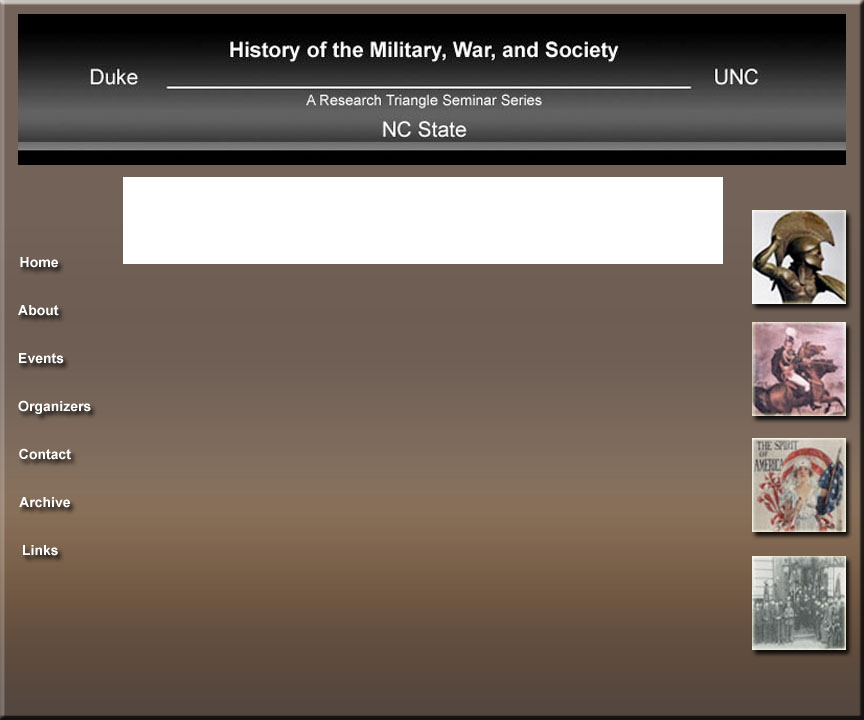
|
February 9, 2007 John Thornton (Boston University) Military Bonding and Ethnic Identity: The paper takes as a starting point the idea that the military experience was a first step for many enslaved people's trip to the Americas, and that some elements of that experience would be important for shaping their identity. Included among these were the concept of a larger nation for which they fought (in this case the kingdom of Kongo) and the sense of bonding that combat creates through cooperation under deadly stress. The paper argues that military experiences and imagery helped to shape Kongo identity in Brazil. John K. Thornton is Professor of African American Studies and History at Boston University. He received his BA from the University of Michigan (1971) and MA and PhD from UCLA (1972, 1979). His thesis was directed by Edward A. Alpers and subsequently published as The Kingdom of Kongo: Civil War and Transition, 1641-1718 (Madison, 1983). He is also the author of The Kongolese Saint Anthony: Dona Beatriz Kimpa Vita and the Antonionian Movement, 1684-1706 (Cambridge University Press, 1998), Africa and Africans in the Making of the Atlantic World, 1400-1800 (2nd expanded edition, Cambridge University Press, 1998), and Warfare in Atlantic Africa (UCL Press, 1999), in addition to numerous articles. He has an interest in public education, as evidenced by his participation in teacher's workshops such as those sponsored by NEH; and he has served as a consultant to a number of museum exhibits: the African Voices Gallery at the Smithsonian Institution (Museum of Natural History), the Maritime Museum of Norfolk, Virginia, and the Jamestown-Yorktown Foundation of Williamsburg, Virginia to mention on the major projects. |